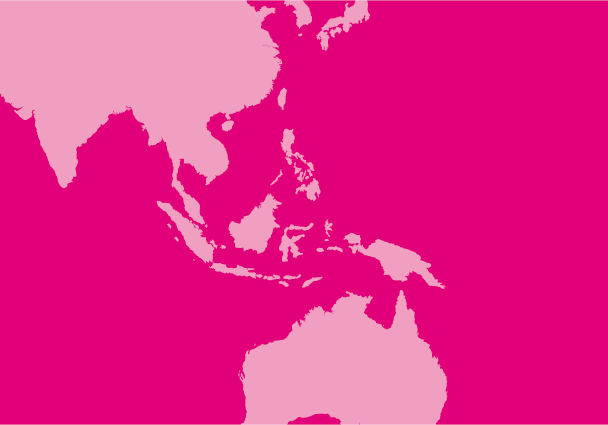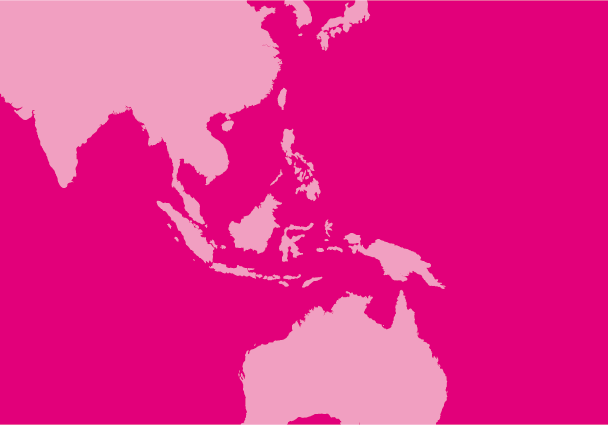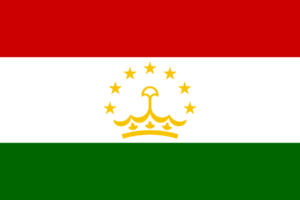 Today’s pledge by the Communist Party of Nepal (Maoist) to temporarily halt military activities in the Kathmandu Valley does not go far enough to ensure the protection of human rights, AI and the ICJ said.
Today’s pledge by the Communist Party of Nepal (Maoist) to temporarily halt military activities in the Kathmandu Valley does not go far enough to ensure the protection of human rights, AI and the ICJ said.
“What is urgently needed now is some consistent demonstration by the Maoist leadership and cadres across the country that they are fully committed to respecting their obligations under international humanitarian law,” said Purna Sen, Director of the Asia-Pacific Programme at Amnesty International. “Attacks on civilians must end.”
During a recent visit to Nepal in March, Amnesty International delegates met with two leaders of the CPN (Maoist) to urge that public pledges to respect human rights translate into concrete action on the ground to protect civilians.
Any cessation of hostilities would help to create a more conducive environment for the protection of human rights for the people of Nepal, but must be accompanied by efforts to address past crimes and prevent future abuses. While the number of killings fell dramatically during the last unilateral ceasefire declared by the CPN (Maoist), which held from 3 September 2005 until 2 January 2006, other abuses against civilians continued. Local human rights organizations in Nepal reported that the CPN (Maoist) were responsible for over 8,000 abductions, mostly of students and teachers, during the first three months of that ceasefire.
The ICJ added that the temporary commitment by the CPN (Maoist) should be followed by both sides declaring an indefinite, nationwide ceasefire to allow for progress toward a negotiated settlement to the decade-long conflict.
Today’s announcement by the Maoist leadership follows intense negotiations with the alliance of seven mainstream political parties, which had urged the CPN (Maoist) to call a unilateral ceasefire in order to ensure that an upcoming four-day programme of pro-democracy demonstrations could be carried out peacefully.
The government has signalled its intention to curb these planned political demonstrations, with the Home Minister reportedly stating last week that the protests “are effectively the programmes of the terrorists” and that “the government will not allow them to take place.” In January and February 2006, the government arbitrarily arrested hundreds of political party and civil society activists in an effort to suppress dissent, and many political activists and human rights defenders in Nepal say they fear a renewed crackdown on civil liberties in the coming days.
“The security forces’ response to the upcoming political demonstrations will provide the international community with a clear indication of the government’s commitment to upholding human rights,” said Gerald Staberock, ICJ’s Director of Global Security and Rule of Law. “The government must demonstrate its respect for freedom of expression and assembly, which are essential at this time of intense debate about the country’s political future.”





